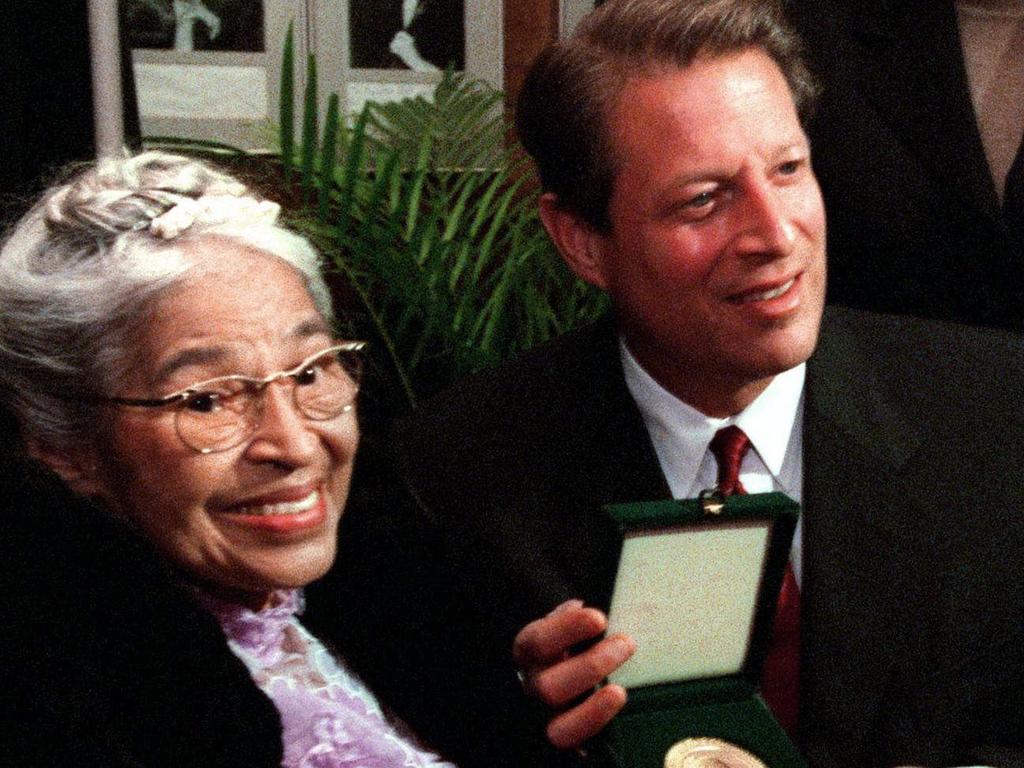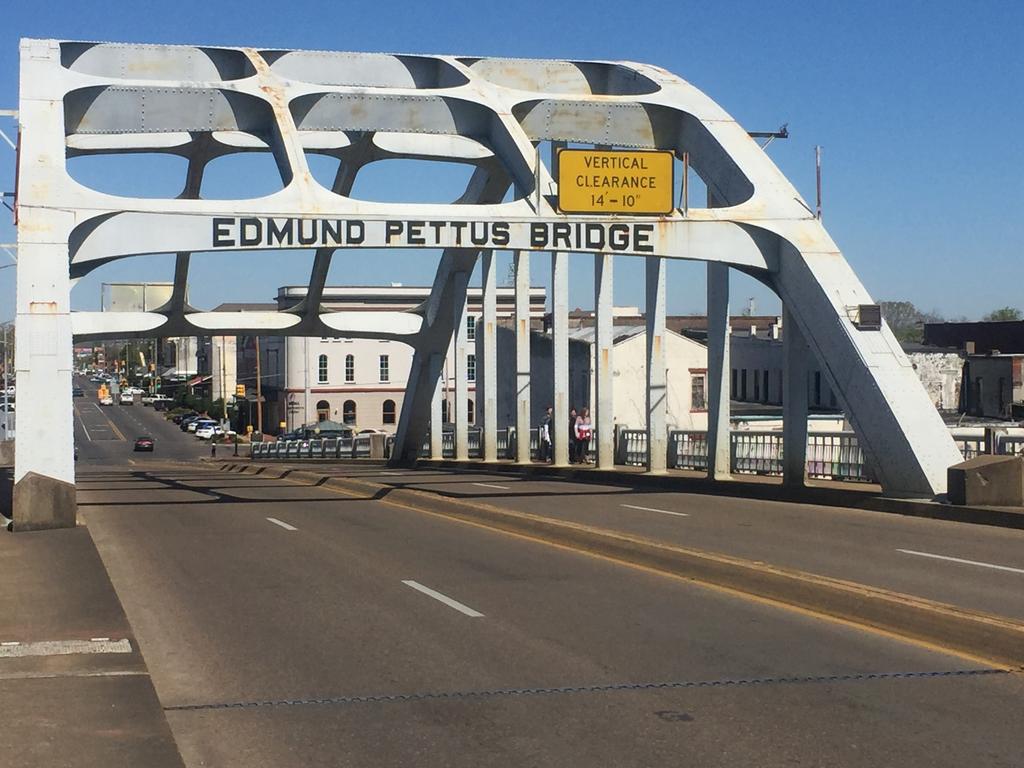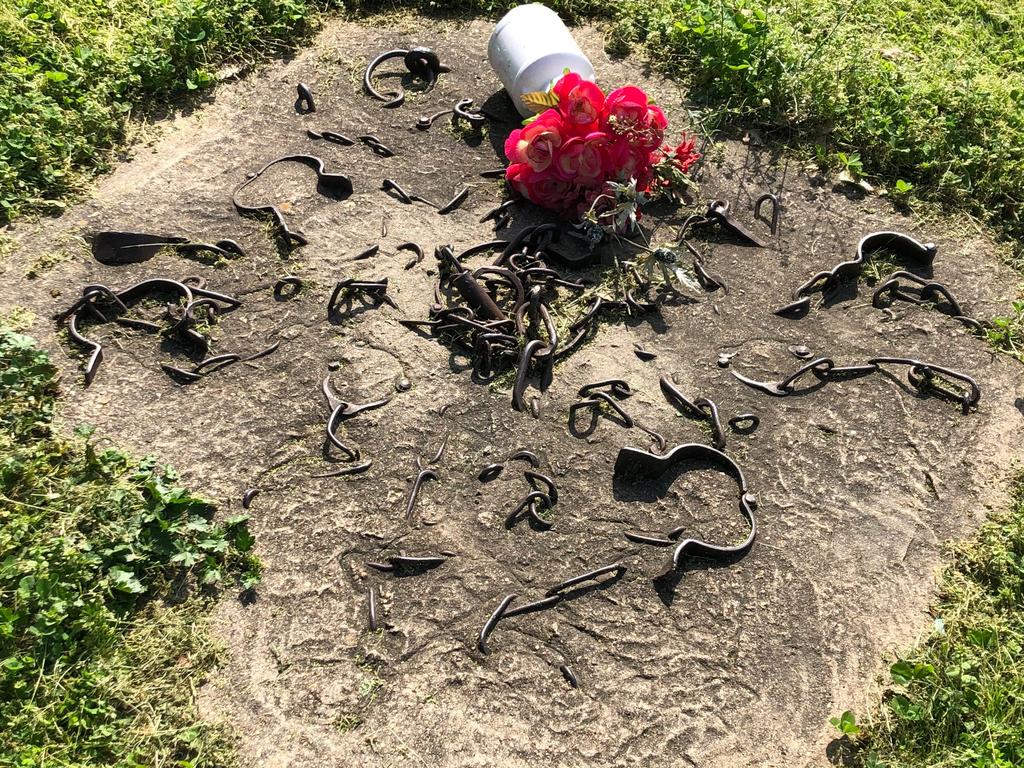Echoes of cruel past taint America’s south
Travellers love to visit the old-fashioned diners, magnificent plantations and grand old buildings, but there’s a dark edge to this road trip.
Beside Court Square Fountain in Alabama’s capital, a black man is offering a short history lesson on slavery to white tourists for a $5 tip.
This was once the main location for Montgomery’s slave trade, not far from the bus stop where Rosa Parks became the mother of the Civil Rights Movement by refusing to give up her seat to a white man.
Poverty is a stark reality for the African-American community here, in the birthplace of desegregation. About four times more black people than white people were living below the poverty line in Montgomery in 2016.
It’s a problem visible throughout a roadtrip through the states of Louisiana, Mississippi and Alabama. While travellers here rave about the old-fashioned diners and southern hospitality, the legacy of segregation is still painfully obvious in the divide between the races.


BLOODY SUNDAY
In March 7, 1965, 600 protesters headed out of Selma, Alabama, towards Montgomery in a march for voting rights. Not long into the march, at Edmund Pettus Bridge — named after a Confederate general and reputed Ku Klux Klan dragon — police beat the demonstrators with clubs and sprayed them with tear gas, leaving 17 hospitalised and another 50 injured.
The day is remembered as “Bloody Sunday”, even as its echoes continue today in police killings of unarmed black men.
Martin Luther King Jr visited Selma shortly after Bloody Sunday for a symbolic march, and later that month, thousands of protesters completed the four-day journey to Montgomery. Five months later, the Voting Rights Act was passed.
Today, the streets of Selma are empty, and many of the stores permanently shuttered. Voter suppression of black and minority ethic groups has become a major issue in US elections, with November’s midterms shadowed by allegations of efforts to discourage certain demographics from voting.
Russian hackers reportedly distributed memes and videos to capitalise on disillusionment within the African-American community in an effort to help Donald Trump win the presidency in 2016.

‘YOU’RE CHANGING HISTORY’
These states are littered with unhappy memories and troubling modern-day realities no one wants to confront. We are touring a grand historic home in Natchez, Mississippi, when the owner casually gestures to a life-size “Blackamoor” statue, a sculpture that shows an African figure in a subservient pose.
Princess Michael of Kent was accused of racism after wearing a blackamoor brooch to a December 2017 Christmas lunch attended by mixed-race Meghan Markle, and subsequently apologised.
The entire home is stuffed with such statues. “People say it’s not correct, but it’s history,” the owner tells us.
It is a common refrain from conservatives in the US during discussions about removing monuments honouring Confederate leaders in the south who championed slavery. “You are changing history,” said Mr Trump. “You’re changing culture.”
In fact, it is not just history. As many as 32 new Confederate memorials have been dedicated in the past 17 years, according to the Southern Poverty Law Centre.

‘OPENING OLD WOUNDS’
Natchez is home to the First White House of the Confederacy, dedicated to Jefferson Davis, which features little information on the hundreds of slaves owned by the President of the Confederate States and his family.
But when a National Memorial for Peace and Justice was installed in the city in 2016, to pay tribute to victims of lynchings, it caused outrage. Locals worried that it placed too much emphasis on past cruelty and would “open old wounds”.
During the trip, we meet several southerners who tell us they believe the confederacy should return, separating the south from the northern states. Others want to see due respect paid to those hurt by divisive laws and beliefs.
Close to the elegant houses of Natchez, with their large porches and pretty painted shutters, is the Forks of the Road site — once one of the largest slave markets in the United States. It is marked by a small monument of broken shackles cemented in the ground.
Natchez was Mississippi’s most active slave trading city, an industry linked to the growth of the textile industry in England and consequent huge demand for cotton. But, whether through shame or a desire to move forward, there is scant acknowledgment of this all-too-recent history.

GHOSTS OF THE PAST
At the south’s beautiful, opulent plantations crammed with artworks and furnishings, we learn about rich, white families who passed down the fine houses. Again, there is barely any explanation of how the homes were built on slavery, a curious absence across many of the historic sites we visit.
On a tour of the Myrtles Plantation in St Francisville, Louisiana, we do hear about slavery. Our guide, Miss Sarah, recounts the bizarre tale of Chloe, a slave who was allegedly forced to become the mistress of owner Clark Woodruff before having her ear cut off and suffering banishment from the house for listening at doors.
Chloe then baked a poisoned cake, according to the legend, hoping to regain her position in the house by curing his wife and children. Instead, the story goes, they died, and she was hanged and thrown in the Mississippi River.
The story is almost certainly false, but the ghost is very real.
The southern states remain haunted by a past they are still struggling to reconcile in the present.




